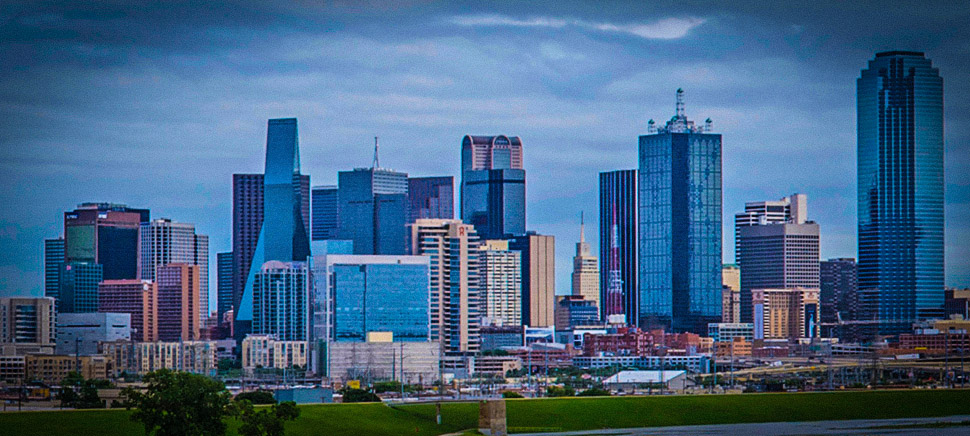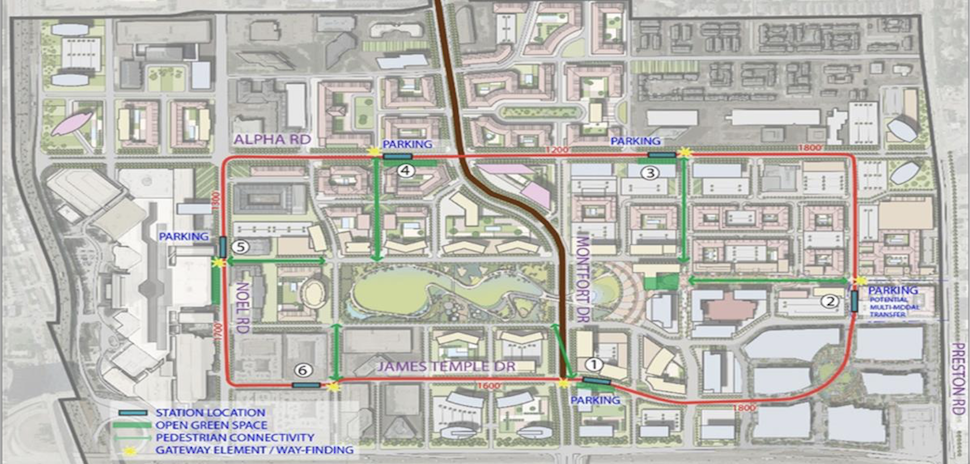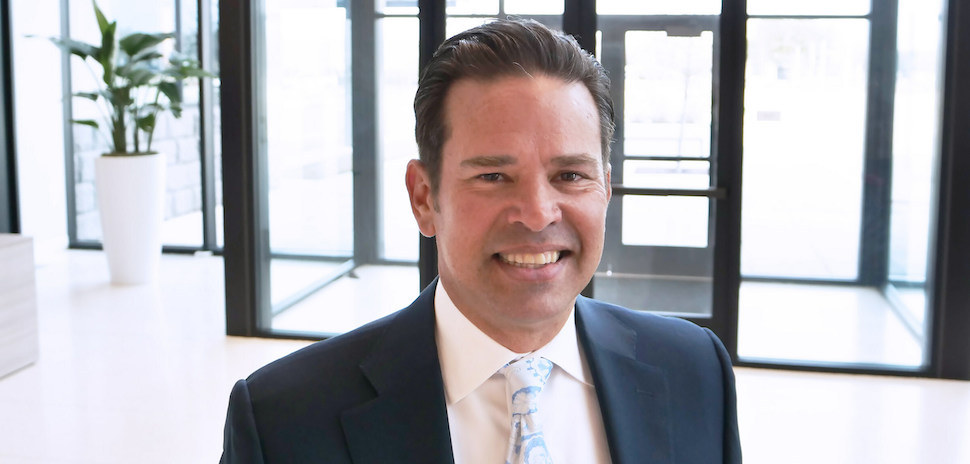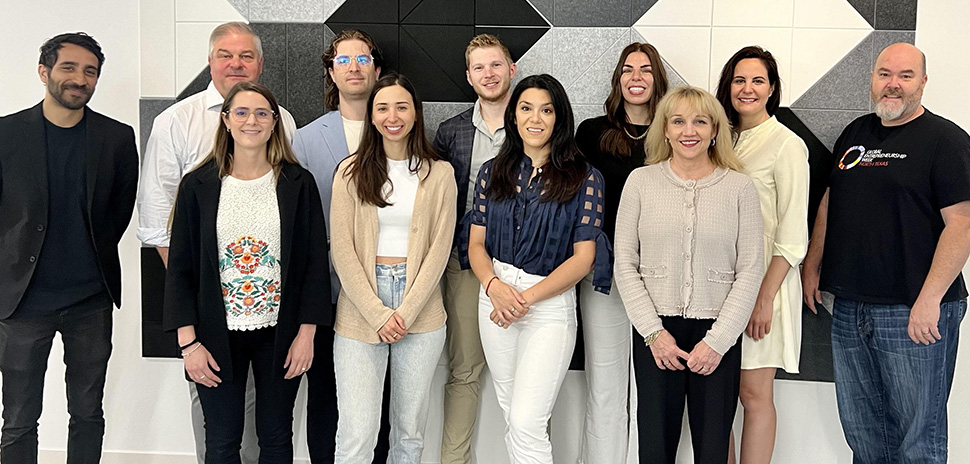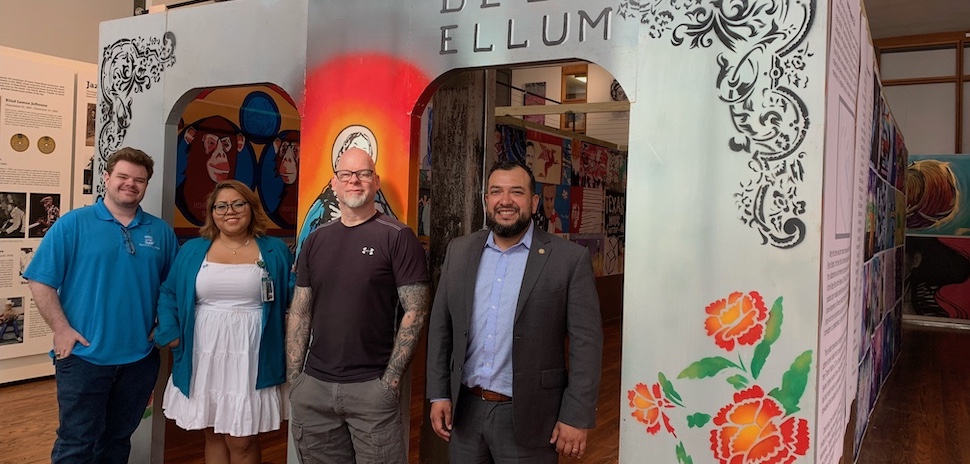Every startup founder at one point has asked him or herself: should I move my startup to Silicon Valley? Would it improve my startup’s chances of success? Will I have better access to capital? Will it be easier to recruit top talent? Cities such as Boston, New York, and Austin are constantly losing talent to the Valley because, let’s face it: entrepreneurship is a lifestyle in the Valley. But what happens when the kombucha runs out?
We should stand firm on our own strengths, and work hard to build a startup culture that is more like our famed longhorn cattle (solid and imposing).
Earlier this year, Forbes predicted that five cities are poised to be the next Silicon Valley. Two Texas cities made the list: Dallas and Austin. It got me thinking: does any city ever need to be the next Silicon Valley? In fact, Silicon Valley amounts to only 10.4 percent of California’s economy, while employing a mere 6 percent of Californians.
Dallas is capable of much more. If Silicon Valley is truly “the competition” for talent, capital, ideas, and business generation, then we need to do things differently. We need to change the game. Dallas needs to make its own dent in the universe.
Dallas has advantages that Silicon Valley does not have, so rather than trying to emulate a unicorn (ephemeral and imaginary), we should stand firm on our own strengths, and work hard to build a startup culture that is more like our famed longhorn cattle (solid and imposing).
Here is how Dallas stands apart from Silicon Valley:
- We have a strong economy: Even though oil prices contracted, and we lost some jobs in this sector, the Texas economy was one of the fastest-growing economies in the country. From 2000 to 2012, California grew 11.9 percent while Texas more than doubled California’s growth at 24.4 percent. From January 2000 to April 2013, non-farm payroll grew 2.6 percent in California while Texas’ grew 19.7 percent.
- We have a lower cost of living: Rent in Dallas is nearly 50 percent cheaper than San Francisco. Dallas exceeds even Austin with a ULI Affordability Index rating of 184.91, compared to Austin’s rating of 154.24.
- There is no local or state tax on income: There is no corporate or personal income tax in Texas. That’s between 1 and 13 percent “savings,” depending on income.
- We also have access to great talent: Texas has engineering talent graduating from well-regarded universities such as the University of Texas at Austin, Texas A&M, Southern Methodist University, the University of Texas at Dallas, and Rice. However, let’s not be so short-sighted and limit ourselves to talent currently based in Texas. About 70 percent of 2013 graduates left college with an average of $28,400 in debt. With this growing student-loan burden, there are plenty of graduates around the country who are willing to move to Texas for a higher quality of life.
- We have better business regulations: Stable regulations and economic incentives provide a business-friendly environment that are attracting businesses such as Toyota to move to the state. Even Facebook, Amazon, eBay, and Apple are moving large operations to Texas.
- We have a geographical advantage: We are centrally located in the middle of the country at the possible best airport hub for business travel. We are a three-hour flight away, whether you are flying to San Francisco or New York.
- Lower burn rate on investment dollars: If you combine all of our strengths, operating a startup in Dallas means a lower burn rate. This means the runway is longer and gives a startup sufficient bandwidth to iterate on product and market fit before running out of cash.
- We have a business base: Texas has more than 10 percent of the Fortune 1,000—more than any other state. As you look at broader business, Dallas is a great place to start a business-to-business company.
What is holding back Dallas for exponential business growth?
The areas of improvement for Dallas (and the state of Texas) are:
- We need more success stories (especially business-to-consumer): Texas has more Fortune 1,000 companies headquartered in the state than New York or California. While this ranking changes yearly, our homegrown successes are few—with Dell, Texas Instruments, and Electronic Data Systems (acquired by HP) being some of the more notable. Austin has a few more recent startup hits, such as BazaarVoice, HomeAway, Indeed, SolarWinds, and RetailMeNot. Dallas has some of these as well. But their stories aren’t out there. Yet.
- We need to attract more venture capitalists: U.S. venture capital investment hit $48.3 billion in 2014, its highest level since 2000, according to data from the National Venture Capital Association (NVCA) and PricewaterhouseCoopers (PwC). Texas ranks fourth making up about 3 percent of this total. California makes up about 56 percent of this total. Massachusetts and New York are almost tied for second and third place at about 9 percent each. Texas is doing a great job in attracting businesses, but we also need to attract capital. The City of Dallas should take the lead to attract top venture capitalists to Dallas. We have not grown in the last five years. While the number of deals stayed about the same, California nearly doubled the size of its investments in venture capital from 2013 to 2014.
- Entrepreneurs need access to capital in the early stages: The funding opportunities, particularly for seed- and early-stage startups have all but dried up in Texas. This is forcing startups to move or spend considerable amount of time and resources traveling around the country or world, fundraising and convincing investors that location does not matter. In the mid-’90s, we saw an increase of investments mainly in the semiconductor and software space. The investment hubs at the time were Silicon Valley, Boston, and Austin. After the dot bomb in the early 2000s, there were few survivors. Dallas, however, was never on the map as it relates to technology investments. We’ve recently had some success: First Round Capital, one of the top seed stage companies in the U.S., just made its first Dallas investment in Vinli. There are a few local firms trying to address this, such as Hangar Ventures and the DAN Fund, but we need to do more.
- We need investors who can tolerate the risk of investing in technology: If there is no financial model with five-year profitable projections, private investors in Texas are less likely to invest. While it is good to have a realistic and long-term plan, this is not realistic investment criteria for a technology company. Investors need to be willing to invest in the right teams and great ideas and give startups an 18-month to three-year run rate with a reasonable burn rate to see what they can do. This is the mindset of Silicon Valley investors that local Dallas investors could emulate.
- Diversified industries: The oil industry is contracting, and while the state claims it is diversified in technology, it has a long way to go. Rather than focusing on the commercialization of IP from universities, the state should pay closer attention to startups that can work faster at innovating. Looking for all new ideas for growth in the university setting primarily focused on publication of its research is difficult with the pace of change increasing.
- Ability to compete for talent with the Valley: Well-funded startups have the ability to pay for and attract top talent, so underfunded companies outside of the Valley have a tougher time recruiting and retaining the best talent. The strength of the founding team is critical for the success of any company.
How can we be different?
We create companies that mirror our Dallas values—valuable, strong, profitable, resilient, and honest. These are companies that have and can weather any storm.
We create companies that mirror our Dallas values—valuable, strong, profitable, resilient, and honest. These are companies that have and can weather any storm.
The reality is every company will soon become a technology company, whether it is oil and gas, real estate, manufacturing, agriculture, or automotive. Robotics, Internet of things, big data, and artificial intelligence are the future of every single one of these industries. If Dallas companies, especially the mature ones, want to remain relevant long-term, then the answer is for more of these large companies to invest more in innovation.
There are two ways that this can be achieved. First, these companies can invest in Texas startups with an eye toward possible acquisition. Second, companies can create innovation labs and develop disruptive products from the inside out.
We can create a healthy, sustainable, and growing economy out of the startup community right here in Dallas. I know this because that is what we are doing with Dialexa and Dialexa Labs, and we are only getting started.
For a daily dose of what’s new and next in Dallas-Fort Worth innovation, subscribe to our Dallas Innovates e-newsletter.










